The Importance of the Oil and Gas Industry
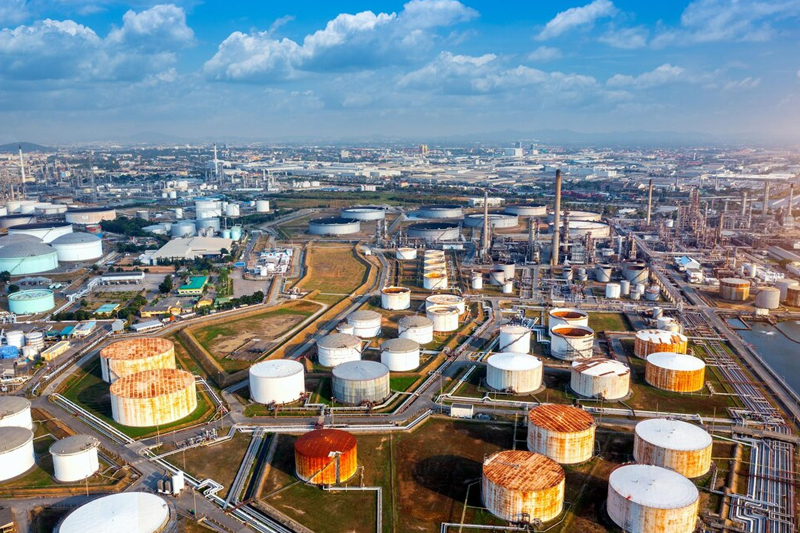
The oil and gas industry is one of the most influential sectors in the global economy, acting as the backbone of energy production worldwide. As the world’s primary fuel sources, oil and natural gas play a crucial role in powering industries, transportation, and homes. The production and distribution of these resources involve complex, capital-intensive processes that rely on advanced technology and skilled expertise.
A Brief Overview of the Oil and Gas Industry
Historically, the oil and gas industry has gone through significant changes, especially concerning natural gas. In the past, natural gas was often seen as a byproduct of oil extraction, with large quantities being flared, or burned off, rather than utilized. However, this perception has changed dramatically with the rise of shale gas production in the United States, which highlighted natural gas as a cleaner alternative to other fossil fuels like oil and coal. As a result, natural gas has become a more integral part of the global energy supply, valued for its lower greenhouse gas emissions.

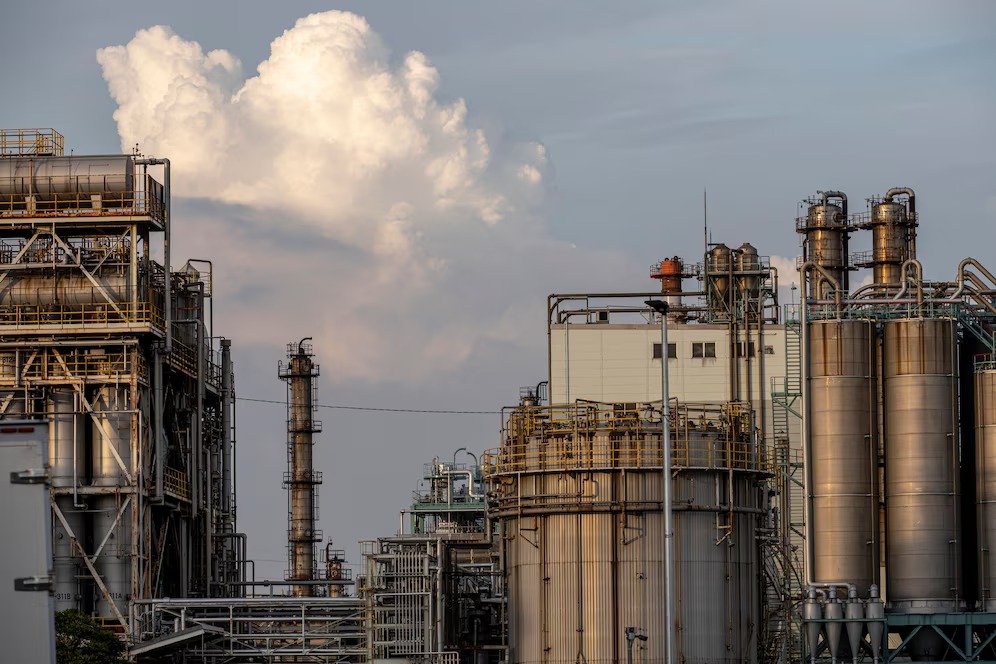
The Three Main Segments of Oil and Gas
The oil and gas industry is typically divided into three main segments, each playing a vital role in the overall process of bringing energy resources from the ground to consumers:
Upstream
The upstream segment involves the exploration and production of oil and natural gas. Companies in this segment are responsible for locating and extracting hydrocarbons from beneath the earth’s surface. This phase is known for its high risks, requiring significant investment and technological precision. Surveys are conducted to find suitable drilling locations, and the entire process of discovery and extraction can take years.
Midstream
Midstream activities focus on the transportation, storage, and distribution of raw materials from the upstream phase. This segment includes companies that specialize in pipelines, shipping, and storage facilities, ensuring that crude oil and natural gas reach refineries or export terminals. Midstream operations are critical for connecting the production sites to the markets.
Downstream
The downstream segment involves refining crude oil and processing natural gas into usable products. Refineries convert these raw materials into fuels like gasoline, diesel, and jet fuel, as well as other products such as plastics, lubricants, and petrochemicals. Downstream operations are directly linked to consumer markets, providing the essential products that fuel daily life.
Learn more about our courses in Oil and Gas
Get a FREE Career Consultation from our Experts!
The Wide-Ranging Uses of Oil and Gas
Oil and natural gas are not just about fuel for cars or heating homes; their derivatives are embedded in various aspects of modern life. Here are some key applications:
Agriculture
Petroleum is vital for producing fertilizers, with ammonia (a nitrogen source) being a key component. Pesticides and machinery used in farming also rely heavily on petroleum-based products.
Detergents and Dyes
Petrochemicals like benzene and xylene are used to manufacture synthetic detergents, dyes, and fabrics. These products are essential in everyday life, from cleaning to clothing.
Plastics and Paints
Many plastics, including nylon and Styrofoam, are derived from petroleum. Additionally, oil-based paints and additives are created using petrochemicals, making oil a fundamental component in the production of various materials.
Pharmaceuticals and Cosmetics
Petroleum byproducts, such as mineral oil, are common in skincare products and pharmaceuticals. These derivatives are also found in cosmetics and perfumes, underscoring oil’s influence on the health and beauty industries.
Rubber
Synthetic rubber, used in products like car tires and shoe soles, is made from petrochemicals. The key ingredient, butadiene, is a petroleum-derived compound crucial for manufacturing durable rubber products.
The Future of Oil and Gas
As the oil and gas industry continues to evolve, there is an increasing focus on sustainability and reducing environmental impact. Innovations like the development of alternative energy sources and improvements in drilling technology are helping to shape a more efficient and cleaner industry.
For those interested in pursuing a career in this dynamic field, it’s essential to gain specialized knowledge and skills. At Arrow Wings Academy, we offer comprehensive Oil and Gas Courses in Kochi, designed to equip students with the expertise needed to thrive in the global job market. Our courses are recognized worldwide, providing graduates with the credentials they need to succeed in the oil and gas industry.
The oil and gas industry remains a cornerstone of the global economy, and its influence is seen across multiple sectors, from energy production to everyday consumer products. As the industry continues to grow and adapt, it will remain a critical field for innovation, sustainability, and economic development.
Watch this video to explore job opportunities in the Oil and gas Sector.
Need help?
Get a FREE Career Consultation from our Experts!
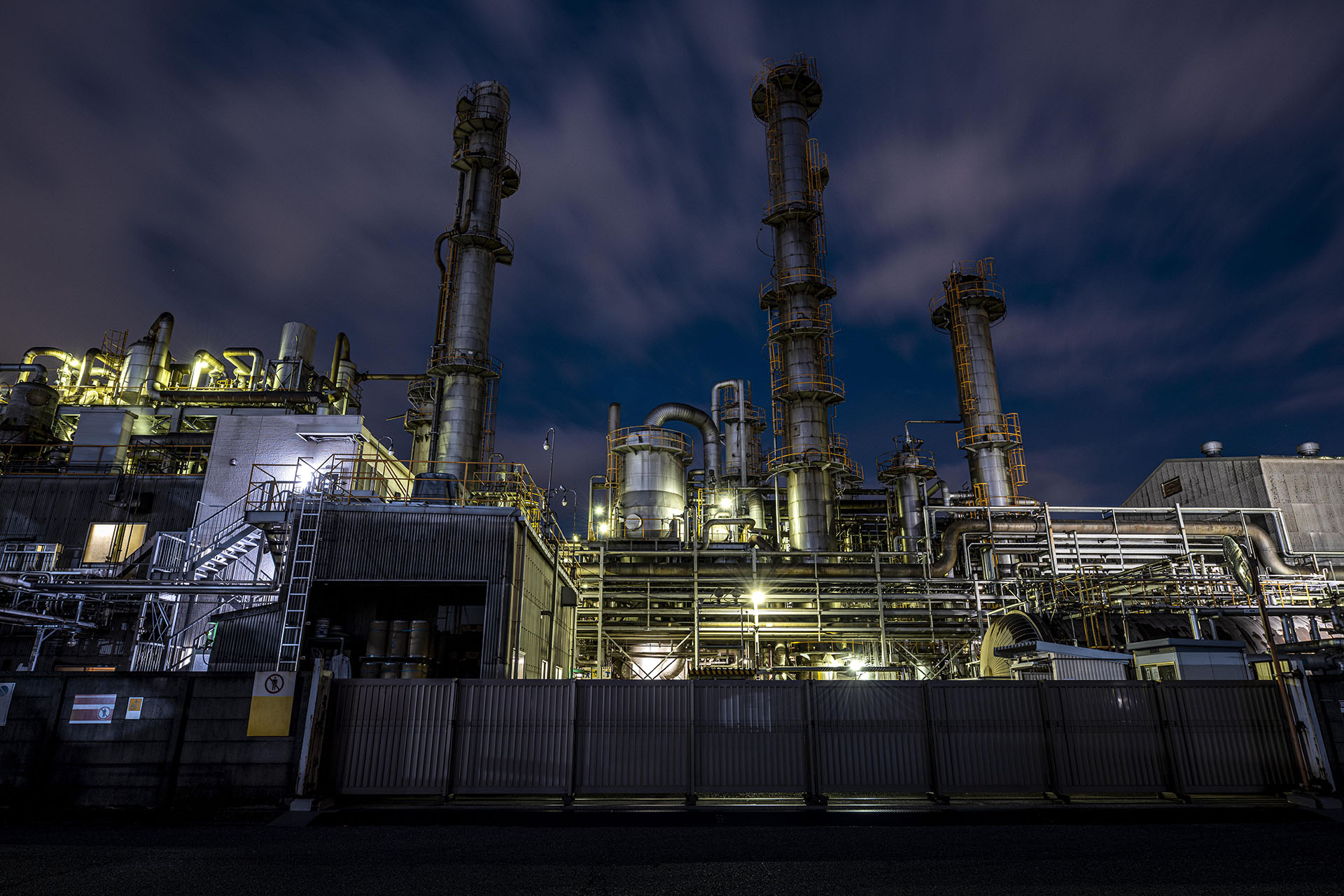
Explore Our Other Informative Posts

Scope and Demand for Interior Design in 2026
- 3 min read

CAREER ADVANTAGE OF LOGISTICS & SUPPLAY CHAIN MANAGMENT
- 2 min read

Hospital Administration: Importance and Job Opportunities
- 2 min read
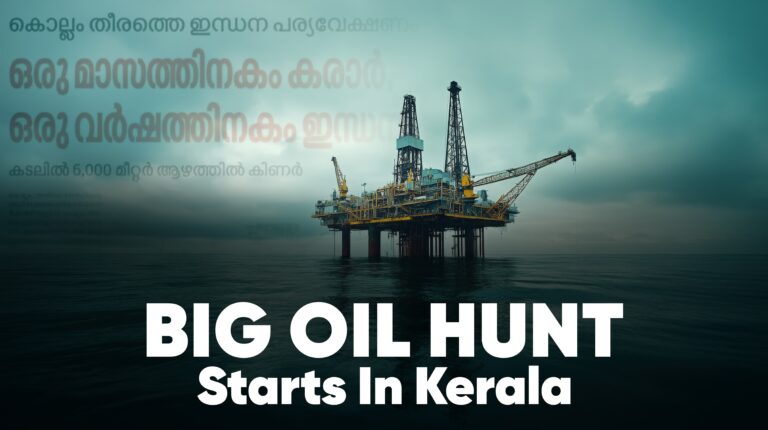
OIL HUNT STARTS IN KERALA
- 2 min read

Oil And Gas Engineering: Possibilities And Opportunities
- 3 min read

Become a Hospital Administrator: The Steps
- 5 min read

Build an MEP with BIM Career in Just 6 Months
- 4 min read

WHY CHOOSE HOSPITAL ADMINISTRATION?
- 2 min read

Skills You Should Learn to Start a Career in Logistics
- 3 min read
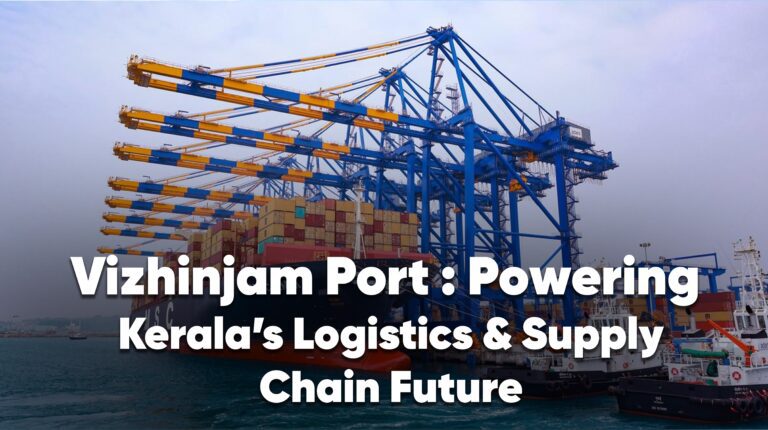
Vizhinjam Port: Powering Kerala’s Logistics & Supply Chain Future
- 3 min read

കേരളാ നിയമസഭാ Reporter TV leadership award സ്വന്തമാക്കി Arrow Wings Academy.
- 1 min read

Logistics vs Supply Chain: What’s the Difference?
- 2 min read

Benefits of a 6-Month Diploma in Virtual Reality (VR) Integrated...
- 2 min read

What Is Hospital Administration?
- 2 min read

VIZHINJAM PORT – NEW OPPORTUNITIES IN THE LOGISTICS SECTOR
- 1 min read

Why is Vizhinjam port Important?
- 1 min read

Why Choose Arrow wings Academy for oil & gas Drilling...
- 2 min read
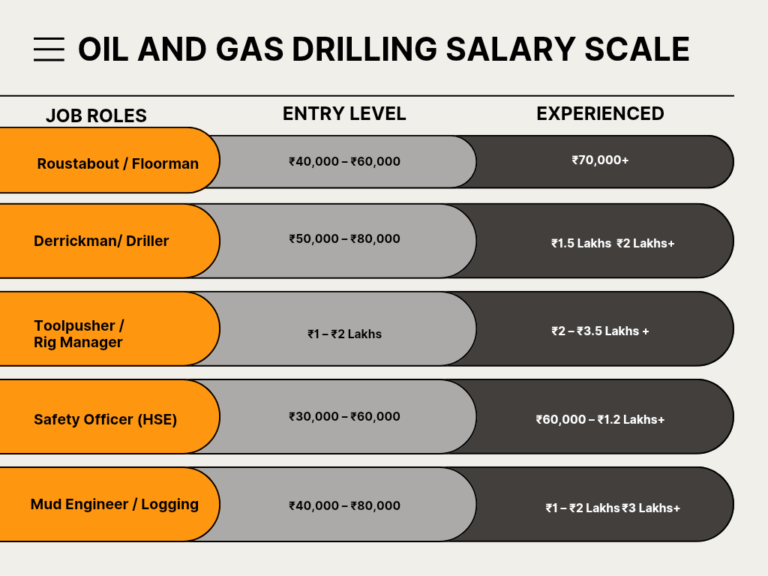
Salary Scale in oil and gas drilling industry?
- 1 min read

Oil & Gas Drilling – Build a Global Career in...
- 2 min read

FUTURE OF THE OIL & GAS INDUSTRY IN INDIA?
- 4 min read

Is This rig job Risky?
- 3 min read
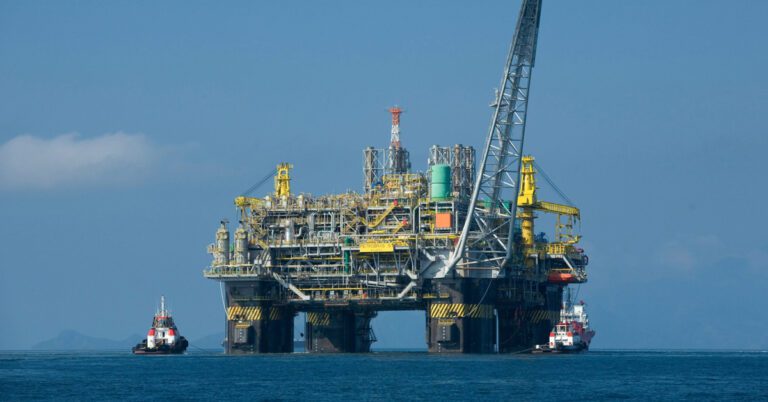
How to Get a Job on an Oil Rig: A...
- 9 min read

Best Courses in Kerala: A Guide to Quick Job Placement
- 7 min read

Career in Healthcare
- 8 min read

Dominate Oil Rig Training: Dive into the Future with VR”
- 7 min read
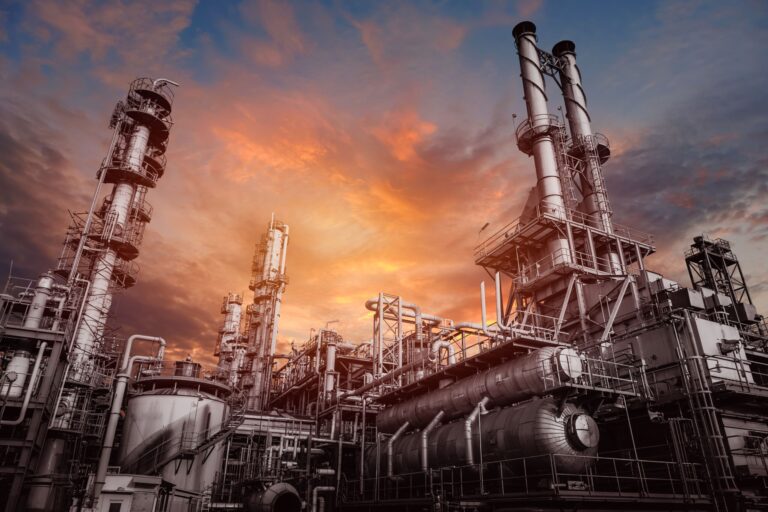
Importance of the Oil and Gas Industry
- 7 min read

Logistics and Its Scope in India and Abroad
- 7 min read
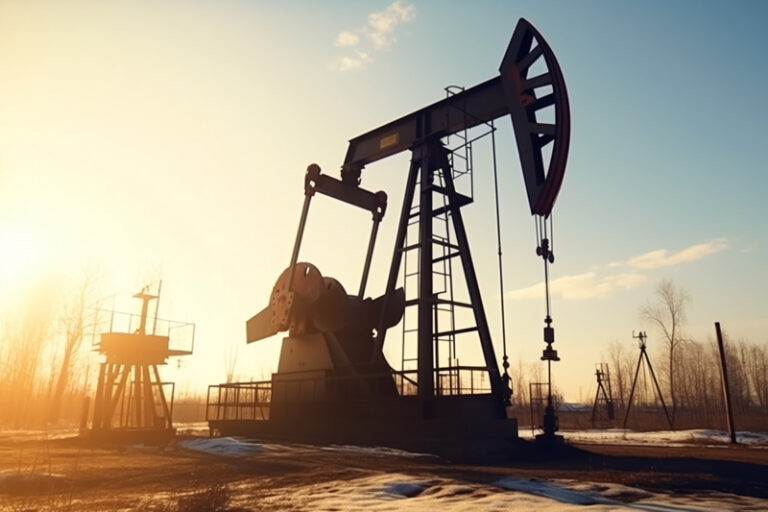
A career In Oil and Gas Industry
- 8 min read
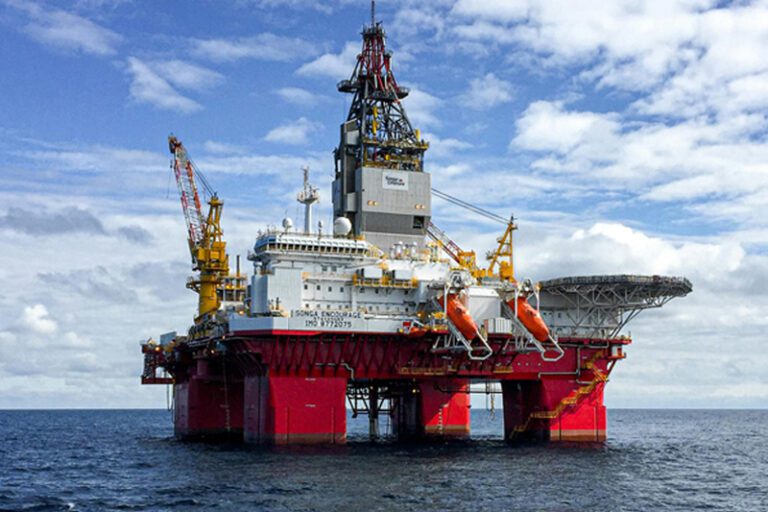
What is an oil rig and how does it work?
- 8 min read
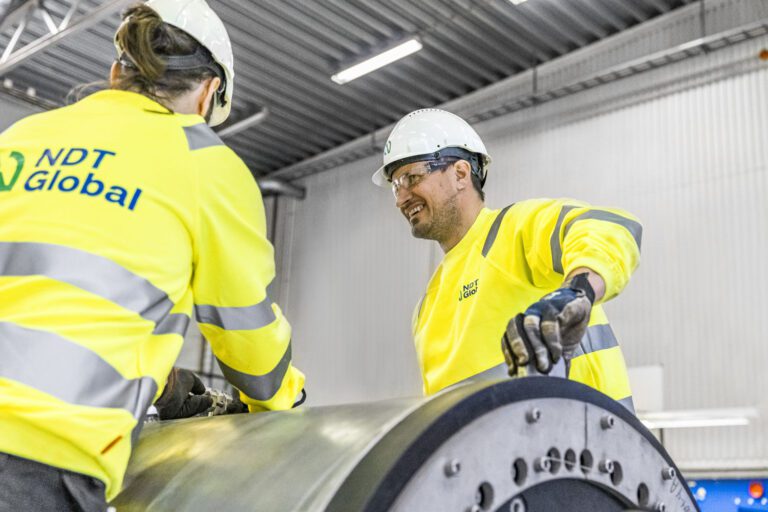
What is NDT
- 8 min read

SCOPE OF MEP IN GULF COUNTRIES
- 3 min read

What is MEP Engineering?
- 3 min read

What are Qa and Qc Engineer
- 4 min read
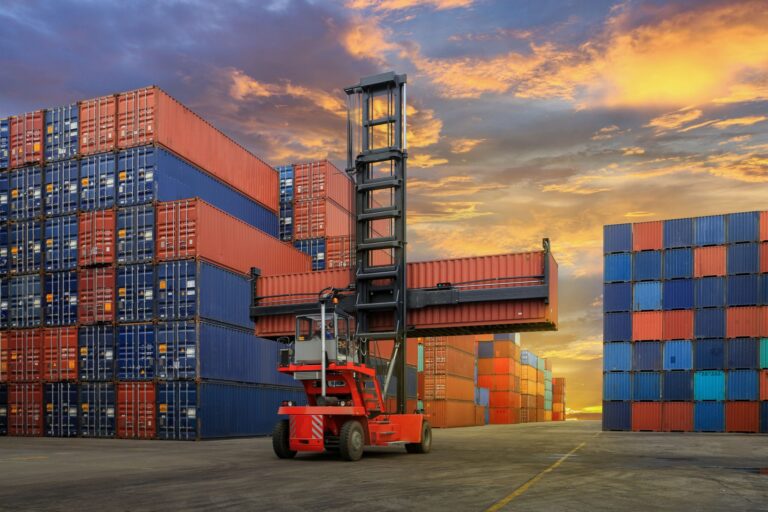
What is Logistics and supply chain management
- 7 min read